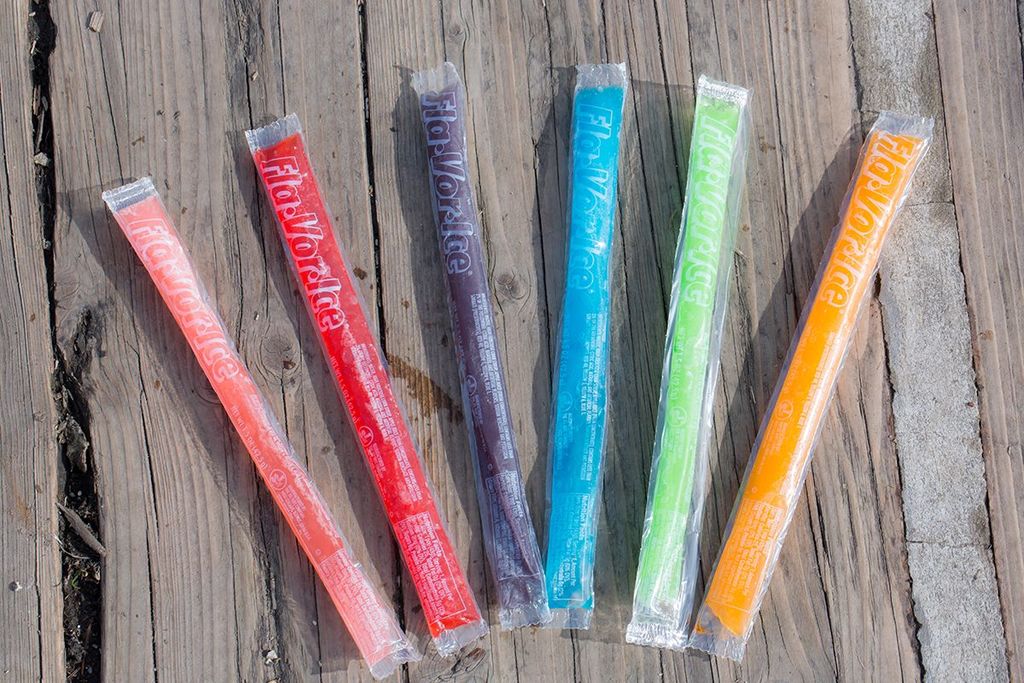
Imagine stepping outside on a cloudy day thinking your skin is protected from the sun rays–only to later find your skin flushed and ultimately sunburnt. The reality is that there is a common misconception that sunscreen should be worn in only the summer months, which is catastrophic to the health of your skin. Whether there’s an overcast or it’s blazing hot, wearing sunscreen is the key for keeping a youthful appearance and benefiting your health.
What are the Downsides of Not Wearing Sunscreen?
Sunscreen is an everyday essential that is also one of the easiest and most effective ways to reduce the risk of skin cancer, fade dark spots, prevent discoloration, delay signs of aging and fine lines, protect from blue light, and keep skin conditions like Rosacea from flaring up.
According to Cleveland Clinic, Dr. Piliang said, “We get a lot of sun exposure just going about our daily lives.” Often, when we’re either enjoying activities or running errands, we underestimate how much sun exposure we receive.
What is the Best Sunscreen that You Should Wear?
Choosing the right one could make all the difference when it comes to which sunscreen you should wear. The two most important ones to consider are mineral and chemical sunscreens.
According to TIME Magazine, mineral sunscreen is known for having a heavier, thicker texture than chemical sunscreen. It is packed with minerals–Zinc oxide and Titanium dioxide–that work together to create a shield against the ultraviolet rays. This is because it sits on the surface of the skin. The downside of mineral sunscreen is that it does cause a white cast, particularly on skin of color.
Chemical sunscreen is lightweight and contains chemical ingredients such as Avobenzone, Oxybenzone, and Octinoxate. However, instead of sitting on the skin surface, it acts as a sponge to absorb the ultraviolet rays and then convert them into heat released from your skin.
Which One is More Suitable for Your Skin Type?
According to Boston University, mineral sunscreens are less likely to clog pores and do not contain chemicals, making them suitable for acne-prone and sensitive skin types.
On the other hand, chemical sunscreens are more suitable for oily and combination skin types due to their ability to control sebum production on the face.
Ultimately, sunscreen is a daily necessity that aids in the reduction of skin cancer, fading dark spots, preventing discoloration, delaying signs of aging and fine lines, protecting from blue light, and keeping skin conditions Rosacea from worsening.
Sunscreen is an everyday essential that everyone should include in their routines. Even if you think it doesn’t work, it is medically and scientifically proven that you are protecting yourself and your skin.







